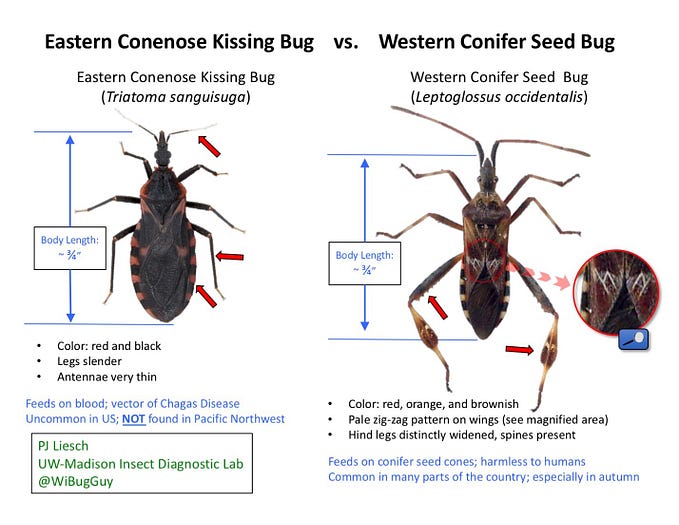COVID-19 Stories from the Field: It takes a village
In the first few weeks of the pandemic, Alejandra Grillo-Roa, a Seattle-area social worker, got an early lesson in how the virus might affect vulnerable populations.

Alejandra, a bilingual medical case manager at Entre Hermanos, has worked with people living with HIV for more than two years. The nonprofit organization provides social, educational, and health support for the Latino/na LGBTQ community.
Mid-March, Alejandra got a call from a familiar client. The client was ill, had difficulty breathing, and was scared. It was early in the pandemic and the client didn’t know what to do. Alejandra suggested she get tested for COVID-19. Five days later she called back, crying. Her test came back positive.
The client didn’t want to go home and infect anyone living there. “It was the first time I’d known someone infected with COVID-19. At first I didn’t know what to do either,” Alejandra said. “My client was going to isolate in her car or a storage unit. March was cold. I thought of someone with an upper respiratory infection living like that for two weeks, or possibly more? I said ‘that won’t work’.”
Alejandra was on the case. While there was no protocol to follow, she remembered a news story about a COVID-19 isolation/quarantine facility in Kent, Washington. Her first call was to Chris Wukasch, HIV Community Services supervisor at Washington State Department of Health (DOH).

“Our team has a ‘no closed door’ approach. It’s important that we work together to find resolution for the people who often slip through the cracks,” Chris said.
He connected Alejandra with Public Health — Seattle & King County (PHSKC). PHSKC had already closed for the day when Alejandra called. “But they answered my call anyway,” Alejandra said. “They offered to call my client in the morning. I said, ‘No no no, you need to find a bed for her today.’ I knew I had to do something tonight. This is life or death.”
Alejandra persisted. She next turned to a trusted community partner, Physician Assistant Josh Rohr, an HIV/PrEP provider at Kaiser Permanente in Seattle. She asked him to call PHSKC to discuss the urgency of the situation from a health care provider’s perspective. “While we waited to hear back from PHSKC, I went to the grocery store to get food for Alejandra’s client,” Josh said. “My plan was to pick her up at the storage unit, give her food and shelter, and get her through the next few days. We were all piece-mealing this together. There was no roadmap or precedence for what to do. We had to use judgement and empathy and do what’s right for the patient.”
Josh’s call to PHSKC did the trick. Within a few hours, the client was on her way to the Kent facility, specially set up for someone with COVID-19. “I couldn’t believe how fast PHSKC acted,” said Josh. Alejandra added, “It took about three hours before she was in a shelter, and had food that accommodated her dietary needs. Three hours!”
Josh and Chris credit Alejandra for resolving the emergency so quickly. “Alejandra is dedicated to her clients. She wasn’t content with the options. She persisted, raised the flag, and asked for help,” said Josh. Chris agreed. “Alejandra is a great case manager, and very resourceful. She really took the initiative to help a client in need.”
The client recovered from COVID-19. She is back at work, and living in longer-term housing. Alejandra said, “I think she would have died if we hadn’t gotten involved. PHSKC was amazing. Josh was amazing. DOH was amazing. The shelter was amazing. That’s teamwork. I wouldn’t have been able to do it without their support.”
COVID-19: Stories from the Field
Our COVID-19: Stories from the Field series highlights the efforts of public health professionals and public servants who serve and collaborate to support a healthy Washington during the COVID-19 pandemic.
More information
Stay tuned to our blog for more information on how you can help stop the spread of COVID-19. Sign up to be notified whenever we post new articles.
Information in this blog changes rapidly. Check the state’s COVID-19 website for up-to-date and reliable info at coronavirus.wa.gov.
Answers to your questions or concerns about COVID-19 in Washington state may be found at our website. You can also contact our the Department of Health call center at 1–800–525–0127 and press # from 6 a.m. to 10 p.m. Monday — Friday, and 8 a.m. to 6 p.m. Saturday — Sunday. Language assistance is available.
Please note that this call center cannot access COVID-19 testing results. For testing inquiries or results, please contact your health care provider.










